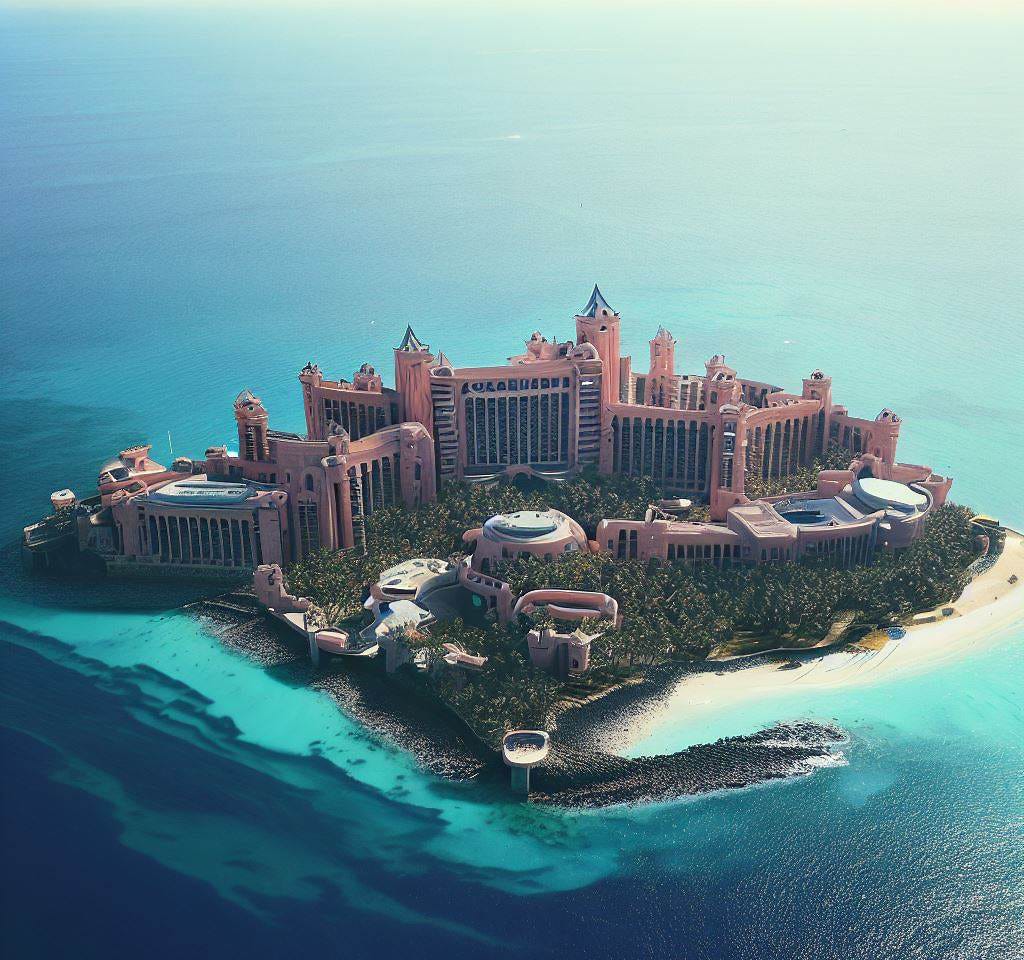😲The Lost City of Atlantis: Myth or Reality?
Unraveling the Enigma: Exploring the Mythical Lost City of Atlantis

❤Make sure to share this post with your friends and family!
The legend of Atlantis, a mythical city submerged beneath the ocean, has captivated imaginations for centuries. Described by the ancient Greek philosopher Plato, Atlantis remains a mystery that continues to intrigue scholars, archaeologists, and explorers alike. In this article, we will delve into the story of Atlantis, its possible existence, and the ongoing search for this enigmatic lost city.
The Story of Atlantis
According to Plato's dialogues, Atlantis was an advanced civilization situated beyond the "Pillars of Hercules" (thought to be the Straits of Gibraltar). Plato described Atlantis as a utopian society with impressive architecture, technology, and a powerful military. However, the city's hubris and moral decline ultimately led to its destruction in a catastrophic event, sinking beneath the sea in a single day and night. Plato's account, while influential, has been subject to various interpretations and debates among scholars.
The Search for Atlantis
Throughout history, numerous theories and expeditions have attempted to locate Atlantis. Some propose that Atlantis was a real place, possibly destroyed by natural disasters like earthquakes or tsunamis. Others argue that Plato's story was purely allegorical or fictional. Atlantis has been associated with various geographical locations, including the Mediterranean, the Caribbean, and even Antarctica. Hypotheses range from it being a sunken island to an ancient civilization's metaphorical representation.
Geological and Archaeological Evidence
While physical evidence supporting Atlantis remains elusive, some theories suggest potential geological and archaeological connections. The volcanic eruption and collapse of Santorini, known as the Minoan eruption, is often linked to Plato's account. Santorini's cataclysmic event around 1600 BCE shares similarities with the destruction described in the Atlantis story. Other proposed locations include the submerged area known as the "Bimini Road" in the Bahamas, which some believe could be remnants of an ancient civilization.
Legacy and Influence
Despite its unresolved status, the story of Atlantis has left a lasting impact on literature, art, and popular culture. It has inspired countless books, films, and speculative works, fueling the imagination of generations. The allure of a lost civilization, its advanced technology, and the mystery of its disappearance continue to captivate people worldwide.
Conclusion
The lost city of Atlantis remains an enigma that has fascinated scholars and enthusiasts for centuries. While its existence continues to elude definitive proof, the legend of Atlantis endures as a symbol of human curiosity and the quest to unravel the mysteries of our past.



